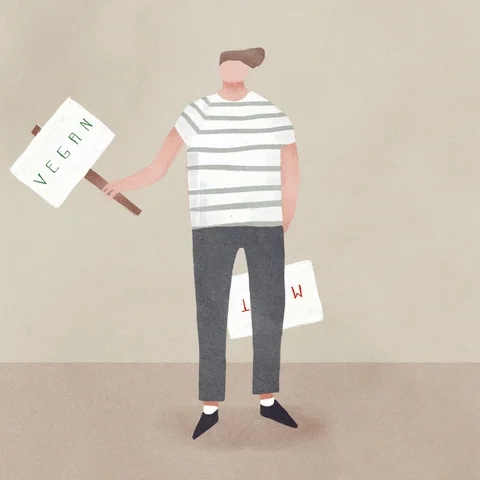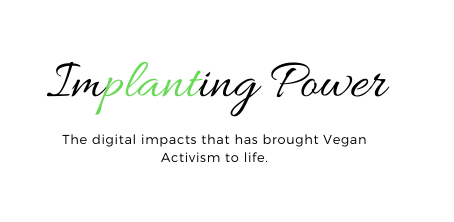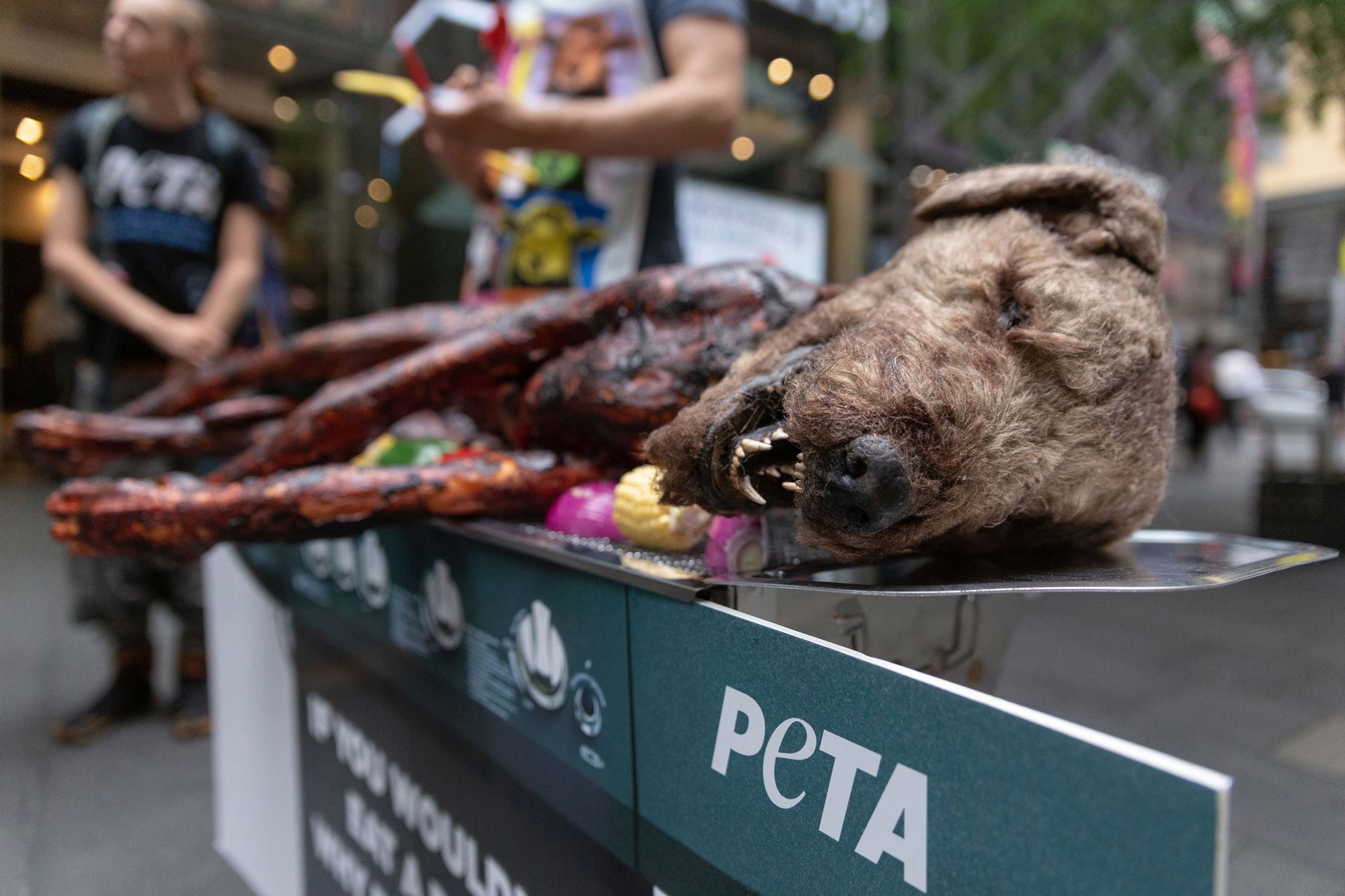What is a vegan?
The term “vegan” was coined in 1944 by a small group of vegetarians who broke away from the Leicester Vegetarian Society in England to form the Vegan Society.
They chose not to consume dairy, eggs, or any other products of animal origin, in addition to refraining from meat, as do vegetarians.
The term “vegan” was chosen by combining the first and last letters of “vegetarian.”
Veganism is the practise of not using and particularly, eating products that are obtained from animals including meat, dairy and eggs or being involved in any form of animal cruelty. It is the philosophy that rejects animals should be a commodity. People who adopt a vegan diet are also known as plant based.
Veganism is becoming increasingly more popular now that technology helps to spread information. Places like social media allow for freedom of opinion and to connect with like-minded people. Since this, plant-based products are taking some dominance in supermarkets with free-from isles and veggie/vegan sections.
But, why do people choose to go vegan?
There are several reasons as to why someone may choose a plant-based diet or a vegan lifestyle.

The Ethical Approach…
Ethical vegans are usually vegan from choice of feeling that no animal deserves suffering, or to die in order for food or an ingredient in products. This usually means they will adapt a lifestyle choice of not using cosmetics, skin care, cleaning products or clothes that contain by products of animals or involve animal cruelty in the making of them. As there are now alternatives available, which are growing more common in many countries, means it is easier for people to make these choices today.
Many ethical concerns that vegan’s portray stem from the exposure that they have to information digitally. There are documentaries, social media, websites and activists that share their knowledge upon research of agriculture and the farming industry. For example, some activists actually setup secret filming in farms to expose how meat, dairy and eggs are really being produced. The digital impacts of this means that these types of videos can now go ‘viral’ or be shared amongst accounts with high follower rates or on programs.
Much of farming means that animals will not naturally raise their young, have free space, build nests, or do anything that’s natural to them and many species don’t get to go outside. To many famers, it is about maximising profits and not compassion. A typical example of this is that farmers will try fit as many animals in a certain space as possible, as this is cost effective for their land and means they can attain more animals.
PETA (2019) shares some insight into animal farming. Antibiotics are used to make animals grow faster and to keep them alive in the unsanitary conditions. Research shows that factory farms’ widespread use of antibiotics can lead to antibiotic-resistant bacteria that threaten human health.
Most factory farming also use genetically modified products so that the animals grow larger and therefore produce quicker, whether this be their bodies for meat, milk or laying eggs. Some chickens grow so unnaturally large that their legs cannot support their out sized bodies, and they suffer from starvation or dehydration when they can’t walk to reach food and water.
As animals are not designed to withstand these conditions, their bodies usually get worn out and therefore cannot produce milk or eggs. Once this occurs, the animals will be slaughtered. Many of the animals do not even survive the transportation, any that do incur torturous ways of being killed. Many remain conscious when they’re plunged into the scalding-hot water of the de-feathering or hair-removal tanks or while their bodies are being skinned or hacked apart.
Many cows, once given birth, will have their baby calf taken off them if it is a cow that will not produce milk – a boy. The adult cow will scream and chase after their calf in complete distress. Unless it is a farm where they also produce meat from cows then they may be savoured.
Baby chicks are also usually thrown away after birth if they cannot lay eggs.
What vegans want to promote digitally, by sharing these videos or pictures, is a choice for people. Many ask, what is the different between eating a dog or a pig?
The digital era means it has become ever easier to spread awareness to these subjects and raise discussions as to how our food should be produced ethically. Activism, such as vegan activism, increases on a larger scale because of the internet.
Increasingly, there are societies and charities that dedicate their work to a cruelty free lifestyle and going vegan. Non-profit organisations such as PETA, The Vegan Society, Animal Aid, Viva and The Vegan Kind are examples of this. They use websites, and social media to promote their views and why we should all be encouraged to become vegan. Sharing inspiration for vegan options at restaurants, food from local supermarkets and cosmetic products and how accessible these are now that everything is online – meaning you could try out all sots of bespoke vegan products from vegan shops up and down the country or order sustainable products from over the globe.
Environmental and Health impacts are also reasons for why someone may adapt a vegan lifestyle and plant-based diet. This will be investigated in my next blog posts – so stay tuned Plant Powered Friends!

Credits:
Featured image from Pexels.
GIF’s:
Vegan meat GIF by Emma Martschinke

